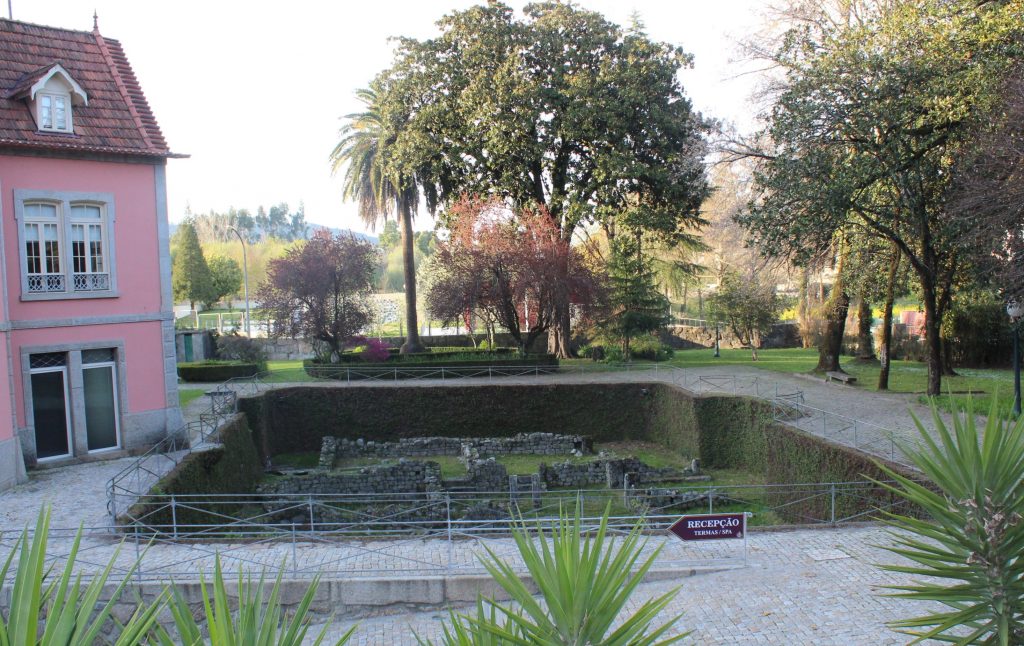117Tum profectu accedente regula cyclorum adhibenda natatio maritima uel aquarum naturaliumAguas con propiedades salutíferas naturales (con temperatura y composición), no calentadas ni creadas artificialmente. Término muy utilizado para designar las aguas mineromedicinales.. alii uero non absurde etiam aquae marinae uaporationem probant adhibendam, quo sudores prouocentur. inquiunt enim implendum sol⟨i⟩um aqua marina feruenti, tunc quadrangulam compaginem immittendam praeligatam loris, in quam erit includendus aegrotans. sed praeliganda compago pelle, ut aquae prohibea[n]t ingressum, quo exhalatione uaporis calefactus aegrotans in sudorem uenire cogatur. sed erit aqua calefacienda innouatione frequenti ferri candentis immissione massarum.
117Then, as the patient improves, prescribe swimming in the sea or in natural springs, in harmony with the standard cycle of treatments. Some physicians, not without reason, recommend a hot vapor bath with sea water to induce sweating. They have the bathing pool filled with heated sea water, then place the patient in an oblong box and let this box down into the water with the help of ropes. The box, however, is first covered with leather to prevent water from seeping in, so that the patient may be warmed by the hot vapors and thus made to sweat. But keep renewing the heat of the water constantly by immersing masses of red-hot iron.
Commentary
Tratamientos para la hidropesía. Recomienda el baño en aguas calientes, bien del mar, bien termales. La explicación que da sobre cómo se han de tomar estas aguas se hace con agua de mar, posiblemente por ser más fácil de conseguir que las aguas calientes procedentes de balnearios, aunque el método fuera similar.


